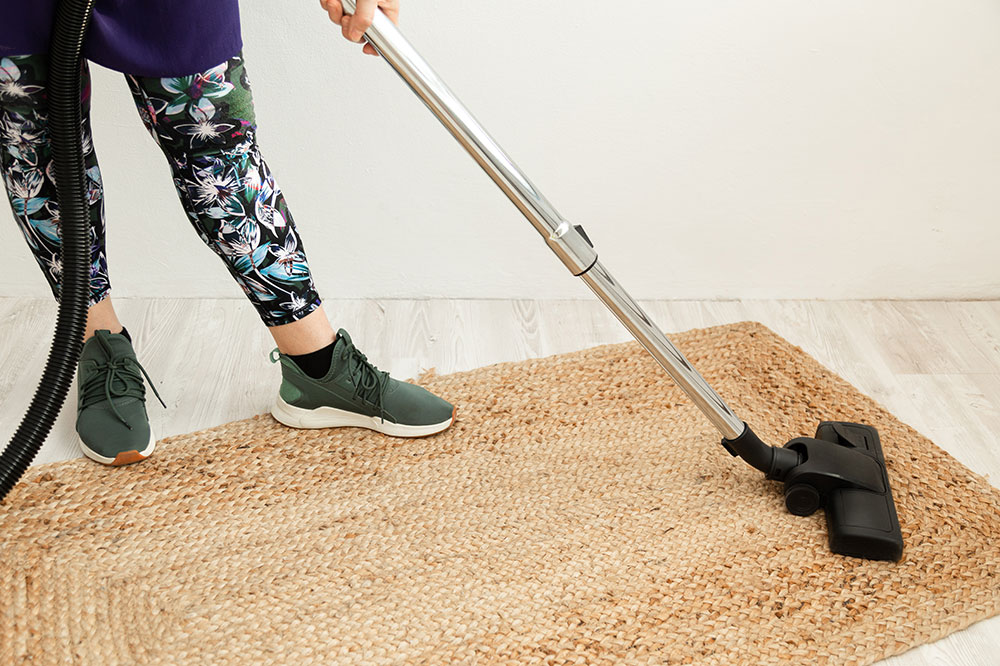5 mistakes to avoid when using vacuum cleaners
Households worldwide use vacuum cleaners, as they are one of the essential cleaning tools for efficient upkeep of your living space. However, improper use and handling of a vacuum cleaner can result in malfunction and reduce shelf life, leading to the requirement for replacing it with a new one. All a vacuum cleaner needs is a little TLC. The following article lists 5 mistakes that can be avoided to ensure a vacuum cleaner’s longevity.

Poor maintenance
Vacuum cleaners are electrical home appliances. No matter how sturdy they may seem, vacuum cleaners require a certain degree of upkeep, involving timely maintenance by cleaning the brush, replacing filters, etc., which will ensure it runs smoothly for multiple years. While vacuum cleaner brands may market their products to be made from high-grade material, it is crucial to know it can be expensive to replace the damaged parts of that product. And if these parts are irreparable, you may have to replace the entire unit, which can be costly. So, make sure to carry out timely maintenance.
Vacuuming wrong objects
This is one of the common mistakes people make while using vacuum cleaners. Most of us run the machine over the penny, screw, or any other hard object that we find lying on the floor instead of picking it up. Moreover, not all vacuum cleaners are made to vacuum wet floors or surfaces. Vacuuming the wrong objects can cause irreversible damage to the motor. While certain hard objects may break the blades inside, the liquid might damage the internal circuitry if the vacuum cleaner is not designed to clean wet surfaces. Hence, it is crucial to read the instruction manual, as it contains specifications and dos and don’ts when using the vacuum cleaner.
Using wrong attachment
Cleaning up a living space can be a tedious chore. As a result, most of us may be careless with the cleaning tools in terms of not changing the attachment when vacuuming a different surface. However, this can prove to be a costly mistake, as you may not get the replacement of the attachment. In such a case, one might have to make use without the attachment or replace the entire unit. So, use extension wands to clean ceilings, dusting brushes to clean upholstery, and crevice tools to clean tight spaces. Most manuals mention how to use different attachments provided with the vacuum cleaner.
Not emptying the vacuum bag/bin
Vacuuming with a filled bag or bin reduces the suction power, leading to poor cleaning. Moreover, if you continue cleaning with an overflowing vacuum bag or bin, it can cause the motor to overheat, leading to increased chances of damage. Some vacuum cleaners come with an “empty bag/bin” sign. So, make sure to empty the same when the sign lights up. Additionally, it is equally important to clean the filters periodically, as choked-up filters can also decrease a vacuum cleaner’s efficiency.
Running over the vacuum cleaner cord
Sturdy vacuum cleaners come with a sturdy and highly insulated power cord. However, its sturdiness does not mean it is not prone to wear and tear. Running the machine over the power cord might damage the insulation and expose the internal wires, proving to be hazardous.

